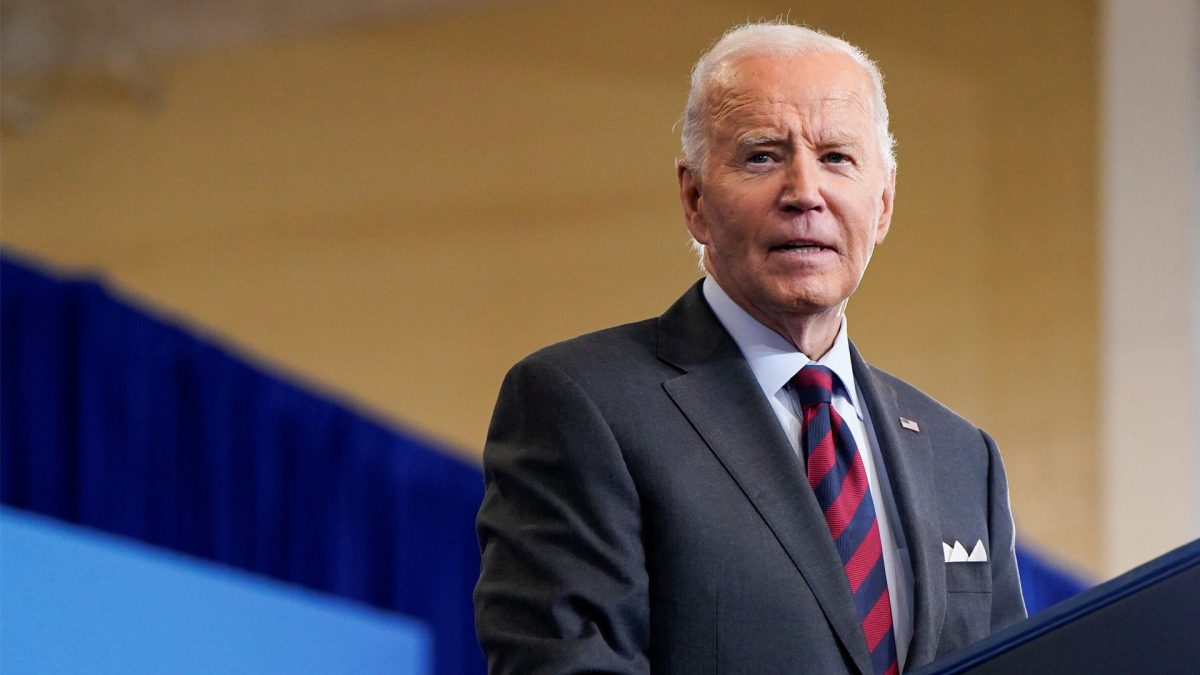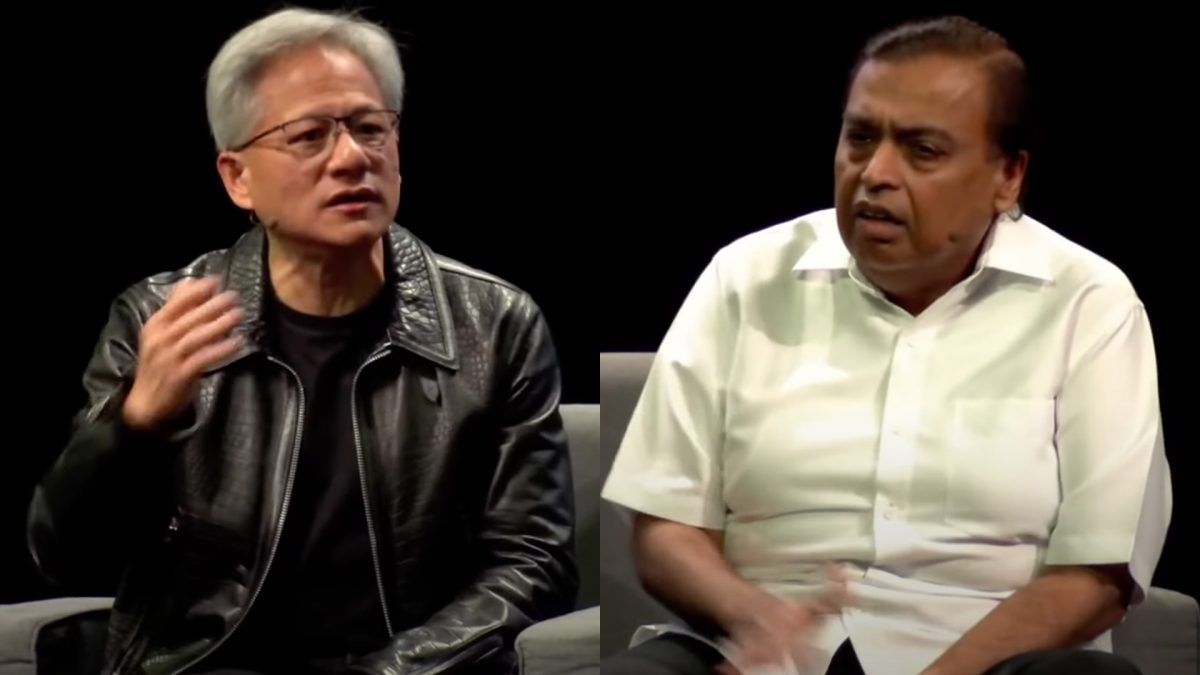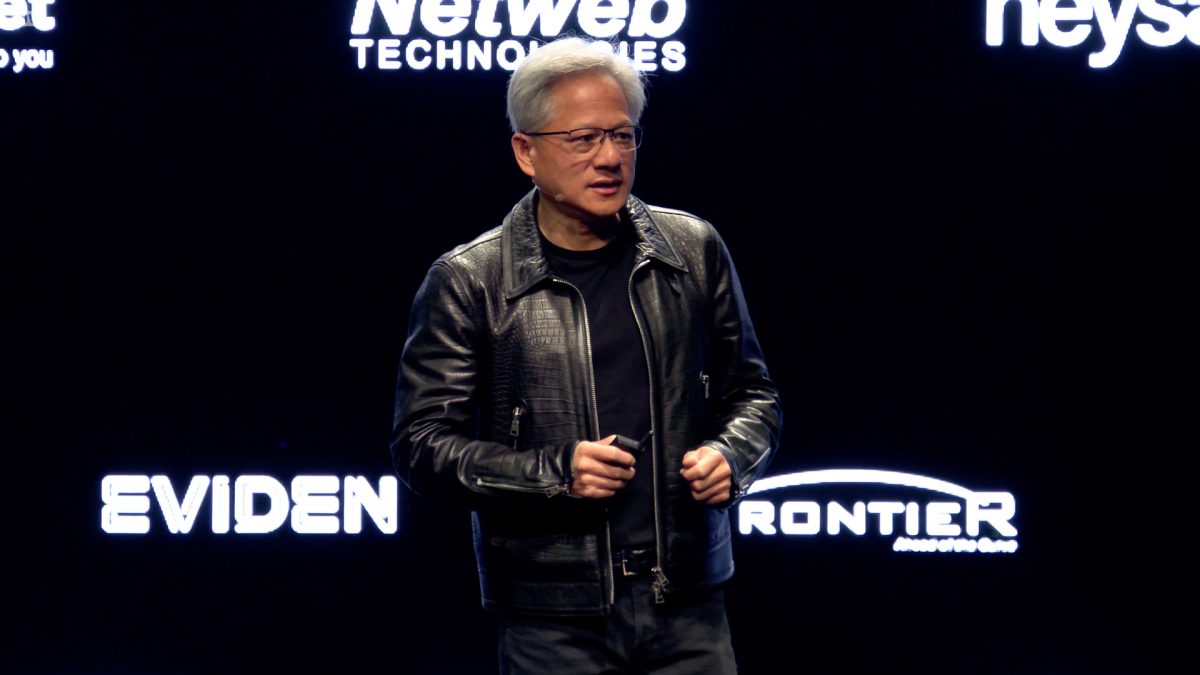The region of DRC is the world’s largest supplier of tantalum, a key component used in smartphones and other electronic devices, including the iPhone. This lucrative trade has attracted more than 100 militia groups, vying for control of the mines, which increases violence in the region read more
)
Apple has made efforts to clean up its supply chain, severing ties with 18 suppliers in 2020 and another 12 in 2022 over their involvement with conflict minerals. However, these actions have not fully satisfied critics. Image Credit: AFP
The Democratic Republic of Congo (DRC) is planning to take legal action against major technology companies, including Apple, in an effort to curtail the use of conflict minerals sourced from its eastern provinces.
The region of DRC is the world’s largest supplier of tantalum, a key component used in smartphones and other electronic devices, including the iPhone. This lucrative trade has attracted more than 100 militia groups, vying for control of the mines, exacerbating violence in the region.
Militia control of tantalum
Tantalum, a conductive metal essential in electronic components, has made eastern Congo a hotspot for conflict. In 2024, the rebel group M23 seized control of Rubaya, the region’s largest tantalum mine.
According to the DRC, and several experts from the United States, as well as the UN, Rwanda has been sending troops to support M23 in their control of the mines, though Rwanda denies any involvement. Along with tantalum, other minerals like tin, gold, and tungsten are also considered “conflict minerals,” as they fund militia activities and perpetuate violence.
The UN has already flagged minerals from Rubaya as “ineligible for trade” due to their direct link to regional violence. Despite this, these resources continue to find their way into global supply chains, prompting Congo’s push for accountability from international companies, particularly in the tech industry.
Mounting international pressure
DRC’s Foreign Minister, Therese Kayikwamba Wagner, recently indicated that legal action is being considered to combat the illicit trade of conflict minerals.
While specific legal measures have not yet been revealed, Wagner emphasised that the DRC is exploring all possible options to hold companies accountable for contributing to the destabilisation of the region.
Although legal avenues are being discussed, the government is still formulating a concrete strategy for addressing the issue.
Apple has faced pressure from the DRC earlier as well. In April earlier this year, Congo warned the tech giant about its possible involvement in sourcing conflict minerals tied to militia groups.
By May, Congo’s lawyers accused Apple of failing to provide sufficient evidence that its supply chain was free from minerals mined in conflict zones. Despite these allegations, Apple has taken measures to distance itself from suppliers involved in conflict mineral trading.
Apple’s response
Apple has made efforts to clean up its supply chain, severing ties with 18 suppliers in 2020 and another 12 in 2022 over their involvement with conflict minerals. However, these actions have not fully satisfied critics.
In September, demonstrators in several US cities and around the world staged protests during the iPhone 16 launch, calling for a boycott of Apple products. These protests highlighted not only Apple’s alleged ties to conflict minerals in the DRC but also ongoing global concerns, including the violence in Gaza and Israel.
As pressure mounts from both legal avenues and public demonstrations, the DRC’s move to target tech companies like Apple could intensify the conversation around ethical sourcing and the responsibility of global corporations to ensure their supply chains are free from conflict-fueled exploitation.

 1 month ago
9
1 month ago
9
)
)
)
)
)
)
)
)
)
)
)
)
)
)
)
)
)
)
)
)
)
)
)
)
)
 English (US) ·
English (US) ·